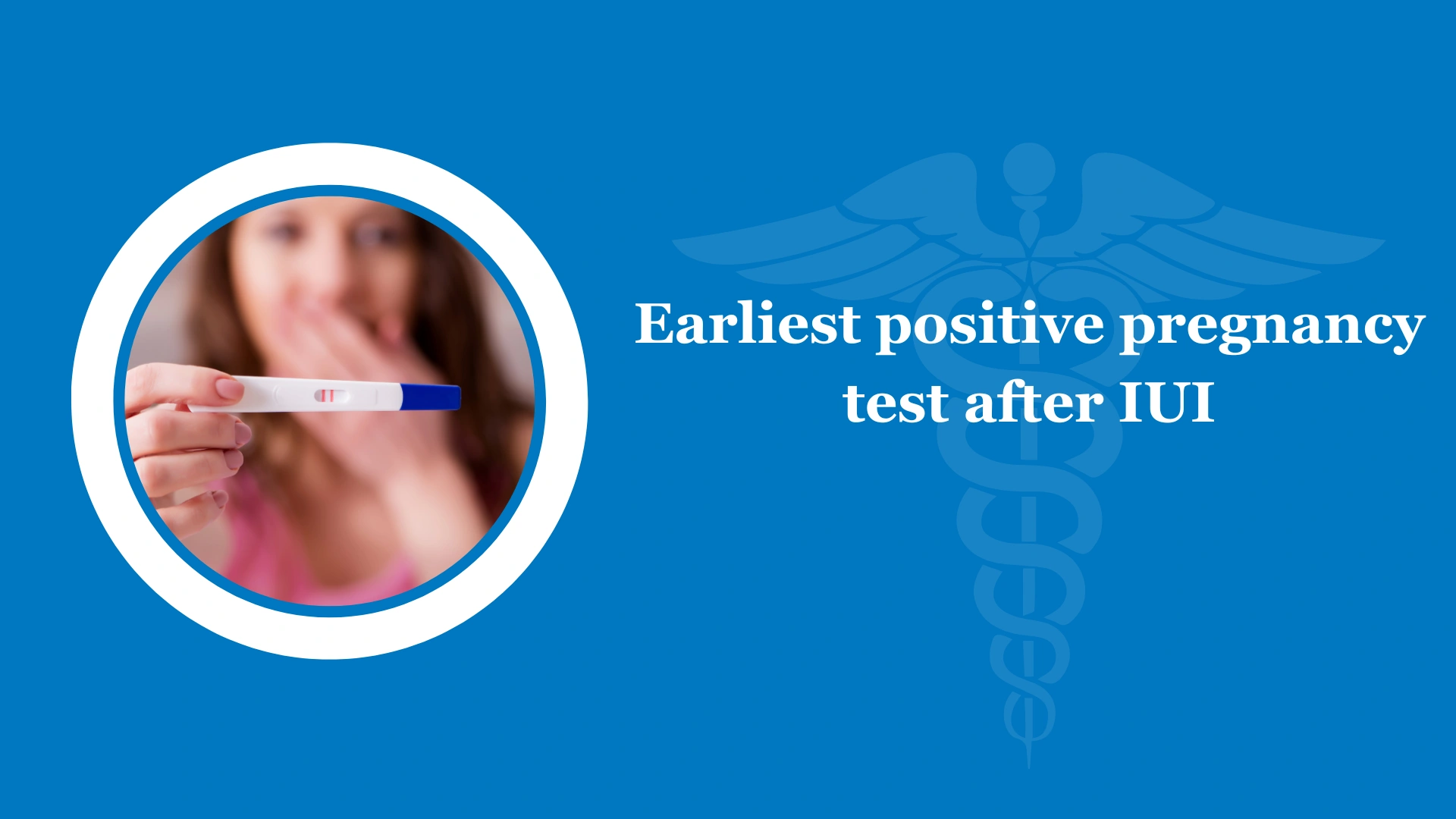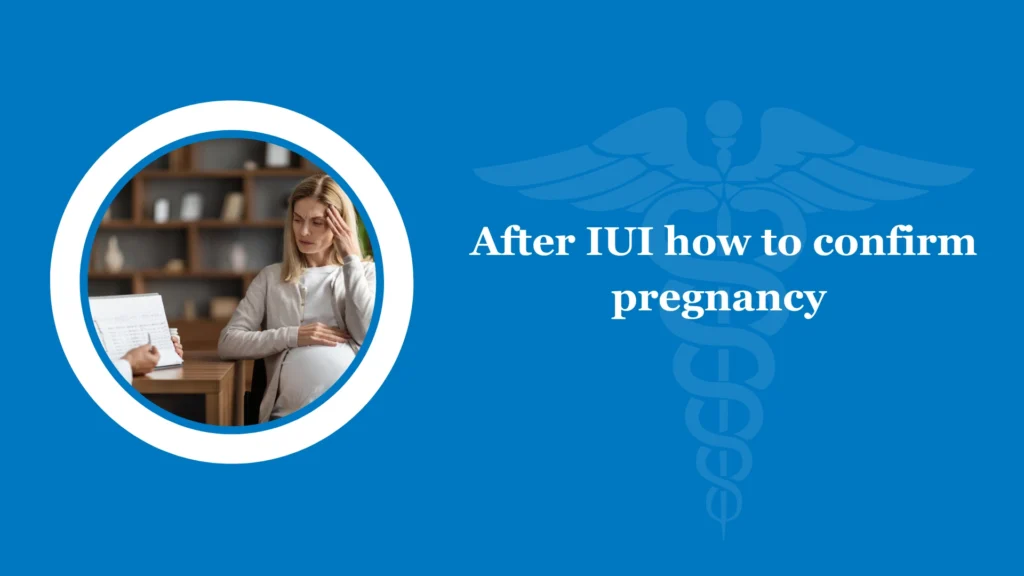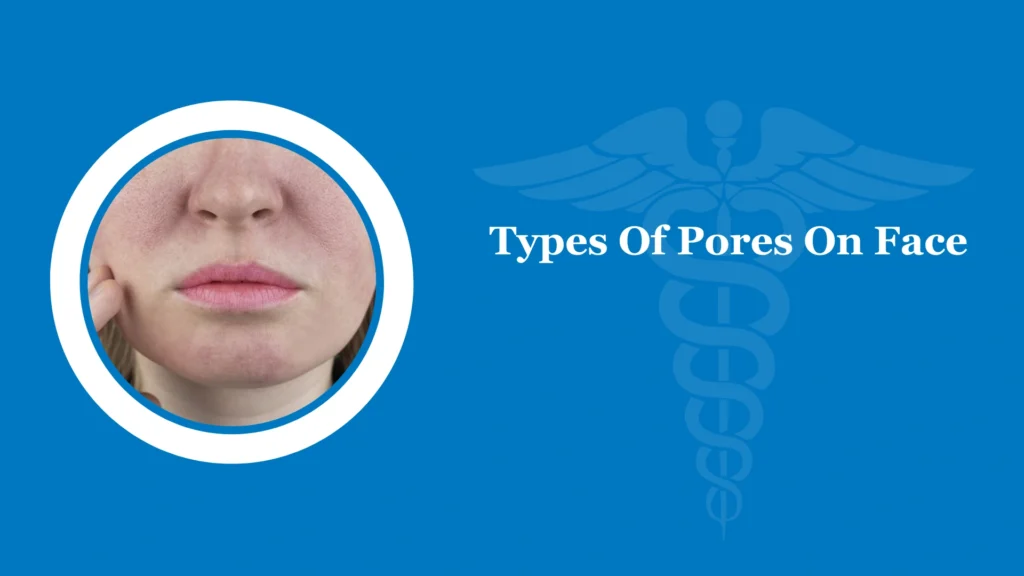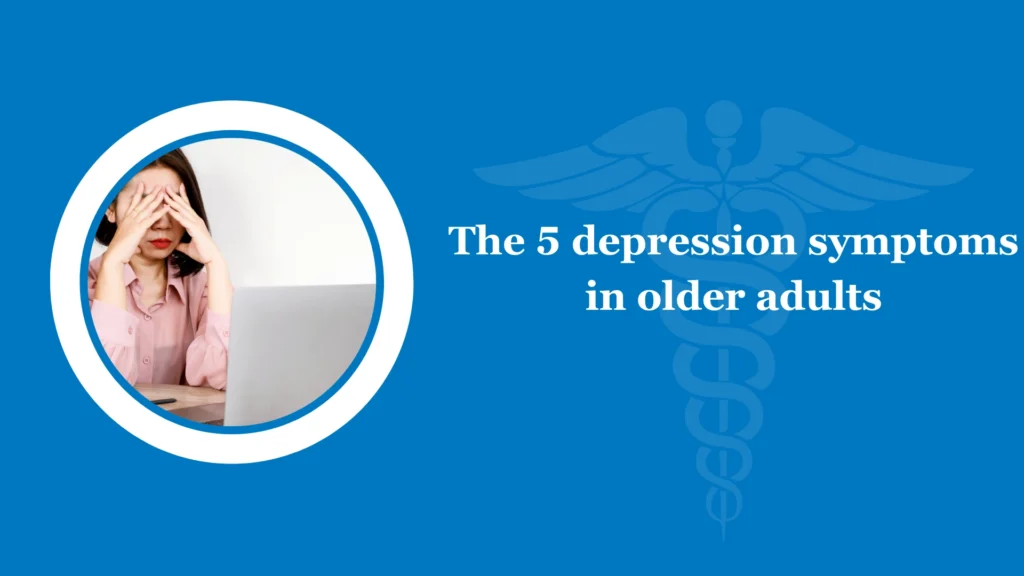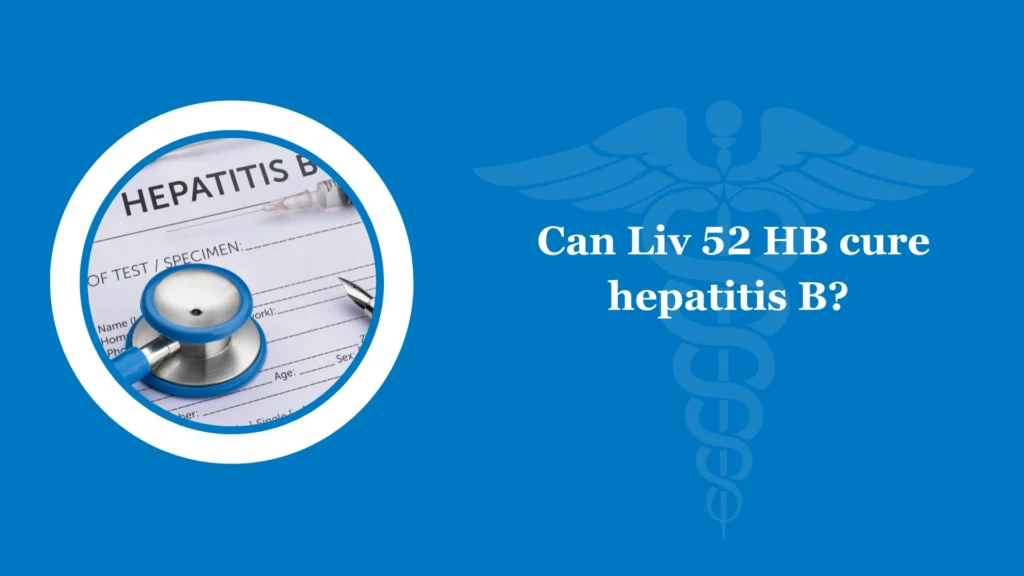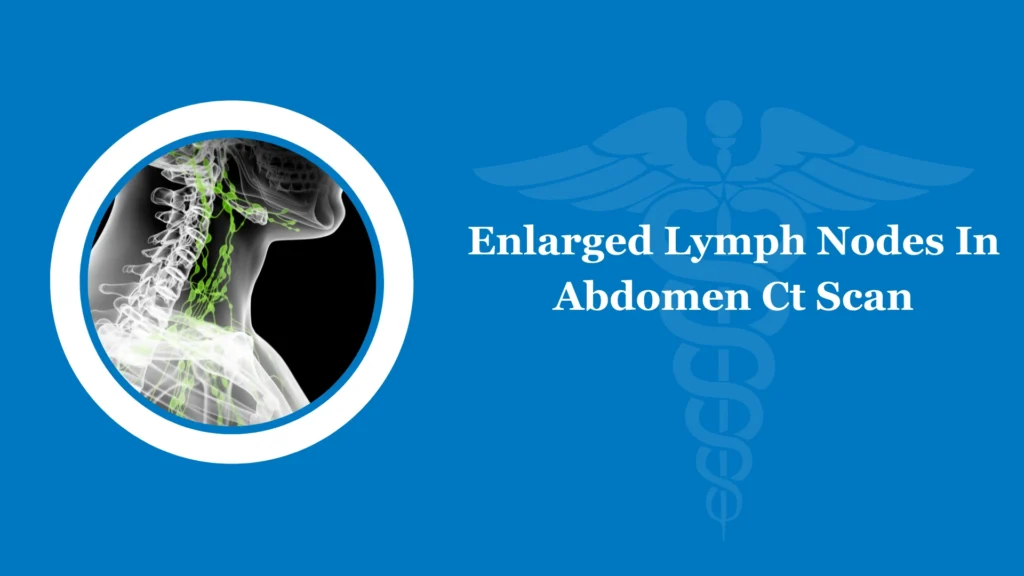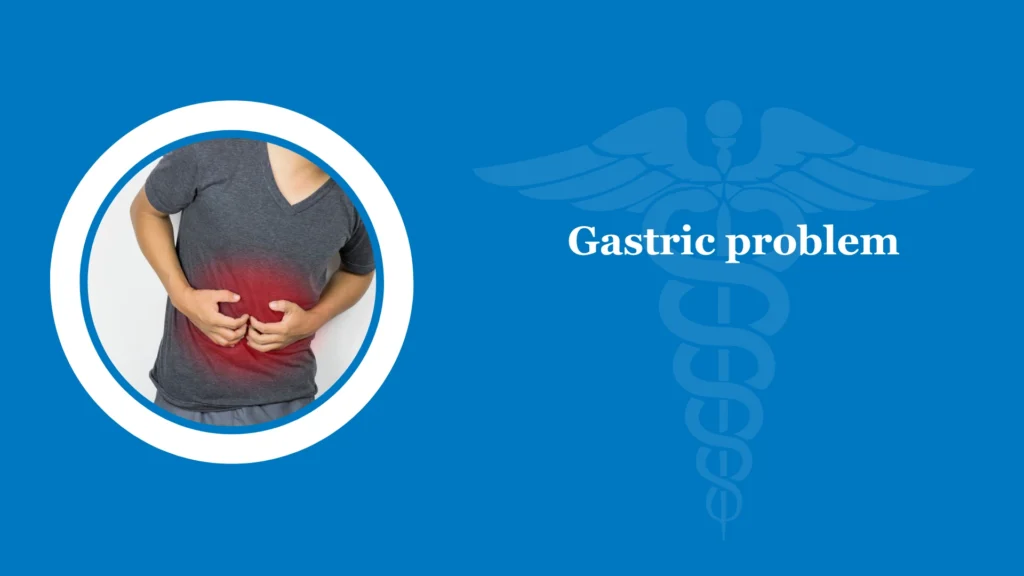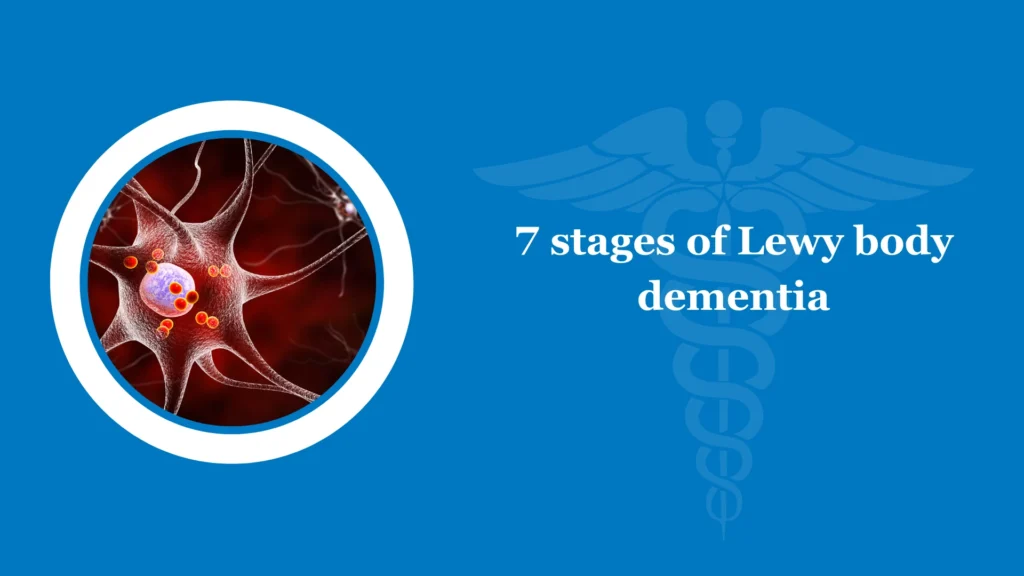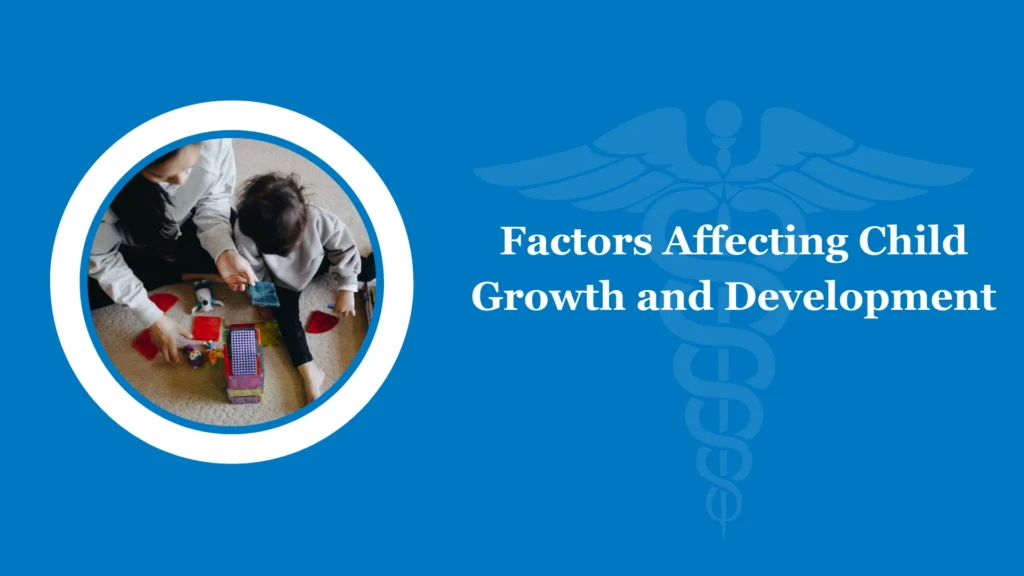IUI (Intrauterine Insemination) is done to the people who have donor sperm, infertility related to endometriosis, cervical factor infertility, semen allergy, ovulatory factor infertility, etc. This procedure involves carefully placing the sperm that is separated from semen into the woman’s uterus directly against all barriers. It is typically done during the time of ovulation so that there can be more chances of becoming pregnant.
Once IUI is done, the most awaited moment for a couple is to see positive in their pregnancy test. In this blog, let’s analyse when you can take a pregnancy test after IUI and what to do if false positive or negative results are seen. Keep reading, for more details.
How Early Can You Take a Pregnancy Test after IUI?
Well, after completing IUI treatment the anticipation of checking the pregnancy test increases day by day to the couples. They become overwhelmed and overjoyed to see the result. However, doctors suggest to have these tests only after two weeks of post-IUI.
When you check before two weeks or towards the end of the first week, hCG levels in blood may not be increased which leads to false negative results. Early pregnancy tests may sometimes go wrong and put you under unwanted stress.
So, it’s always ideal to follow the guidance of your healthcare professionals. Each person is different from one another, so the hormone levels can vary. Wait for the appropriate time that was recommended by the doctor to analyse your pregnancy test. Here, patience is the key!
False positive and negative results
When your pregnancy test result is incorrect, either a false negative which shows negative result but you are pregnant or a false positive which shows positive but you aren’t pregnant. Why does this inaccuracy happen?
There are various factors that can impact the results that lead to false negative results or false positive results. The results may fluctuate if you take the test after drinking more water because it may dilute the urine.
Testing too early before allowing a fertilized egg to implant may result in negative results. Give enough time for the production of hCG hormone in the bloodstream. If you use a pregnancy test kit which doesn’t have the capability to detect lower levels of hCG may affect your result.
In some cases, an egg might implant shortly but will not sustain for a longer time, it might produce hCG hormone but the pregnancy is no more. It is usually known as chemical pregnancy.
Thus, these are the factors that affect the pregnancy test.
Factors Influencing Early Detection
Some factors can detect early pregnancy within 7-8 days post-IUI. You may miss the menstruation cycle because implantation occurred in the uterus. You may also sense some pregnancy symptoms like nausea, vomiting, breast tenderness, fever, headaches, body ache etc. With this sense of clue, you can detect early pregnancy. Now, you can check pregnancy at home using a pregnancy kit.
When to Consult a Healthcare Provider
It is always recommended to wait a week or some more days before having a pregnancy test. Since the early pregnancy may fail due to some factors or it can be a chemical pregnancy, it is always good to wait for some extra days. Some pregnancies can be confirmed through a pregnancy blood test or ultrasound.
If you are a person who has a history of ectopic pregnancy, that is if the eggs grow outside the main cavity of the uterus maybe in the fallopian tube and sudden severe abdominal pain occurs, reach your doctor immediately. If you are a person who already undergoes any medication, you should report to the doctor.
If you suffer from some mental health issue or chronic physical condition inform your doctor in advance. Thus, it is important to reach your doctor if any discomfort happens. Don’t put yourself at risk.
Conclusion
The process of getting pregnant through some external force is quite challenging yet it can make you happy by giving positive results. Considering a pregnancy test after IUI marks a significant destination for couples hoping to get pregnant. It is essential to maintain patience and stress-free consideration to approach this expectation.
Thus, understand the process and stay positive with hope. Wishing you to achieve your dreams of parenthood.
FAQs
Can implantation happen 14 days after IUI?
Usually, implantation occurs between 6-12 days after IUI. After 13 days of post-IUI you can check your pregnancy using a pregnancy kit at home.
How do I know if my IUI is successful?
If you experience some pregnancy symptoms like nausea, vomiting, breast tenderness, body ache and etc or menstrual delay can be a good signal for IUI success.
How late can implantation occur after IUI?
Usually, implantation occurs between 6-12 days after ovulation in post-IUI, but the correct day might vary according to each individual.
